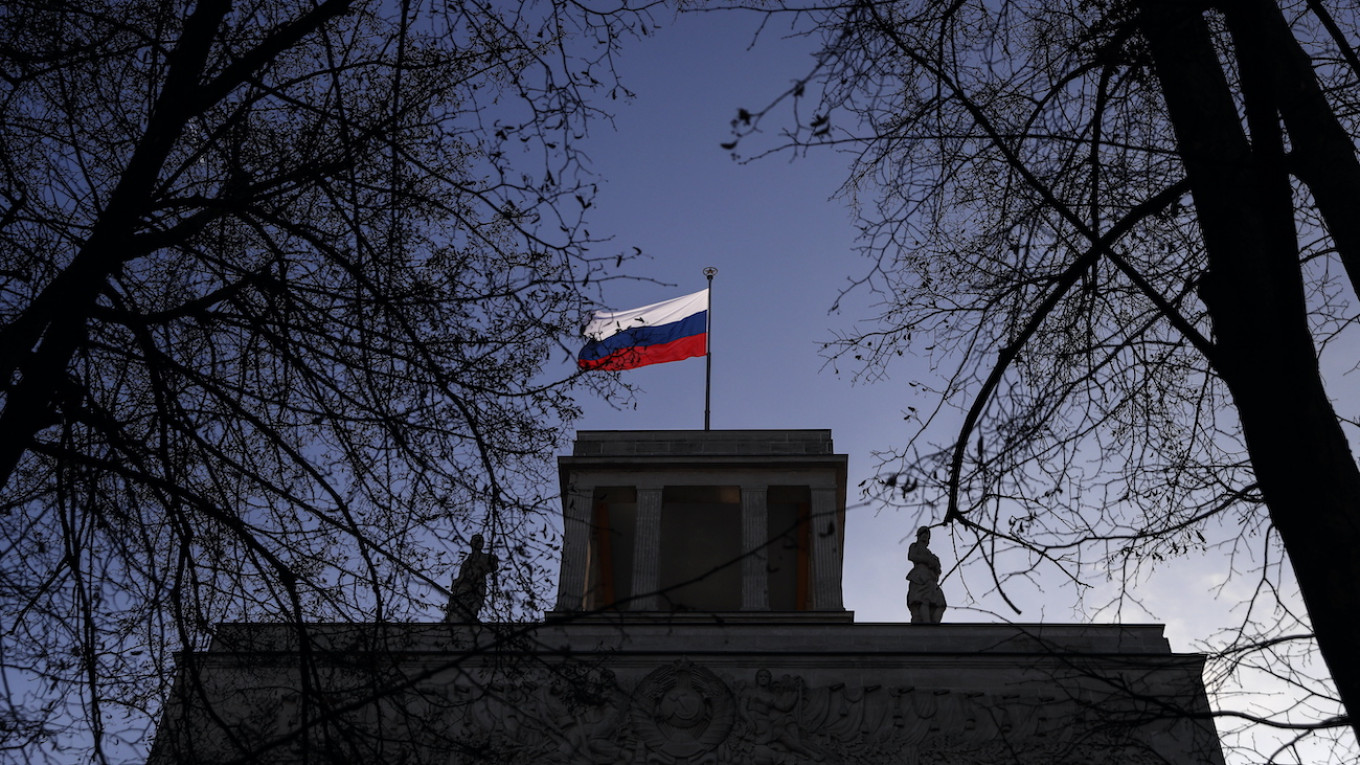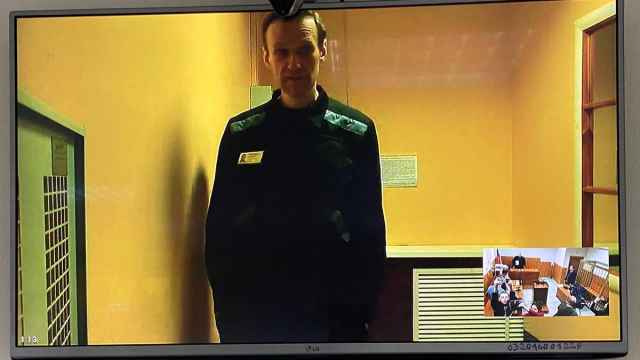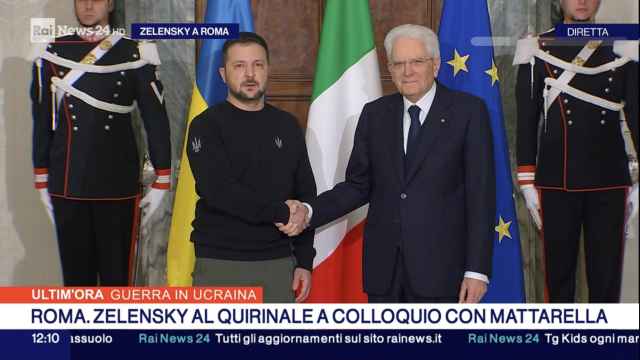A German court on Wednesday put a Russian man on trial over the assassination of a former Chechen commander in a Berlin park, allegedly on Moscow's orders, a case that risks worsening acrimonious ties between Germany and Russia.
The 55-year-old named by prosecutors as Vadim Krasikov, alias Vadim Sokolov, stands accused of gunning down 40-year-old Georgian national Tornike Kavtarashvili in the Kleiner Tiergarten park on August 23 last year.
The defendant has so far stayed mum over the case, but German prosecutors have alleged that Russia ordered the killing.
In court on Wednesday, he told the court through his lawyer Robert Unger that he should be identified only as Vadim Sokolov, who is "Russian, single and a construction engineer." He denied being known as Krasikov, saying "I know of no one by this name."
Prosecutors said the alleged killer was carrying out a "state mission, whether for pay or because he shared the motives of his clients for killing a political opponent...as retaliation for his participation" in a conflict with Russia.
The brazen murder in the heart of the German capital appeared to be a tipping point for Chancellor Angela Merkel, who said in May that the killing "disrupts a cooperation of trust" between Berlin and Moscow.
The German leader has always stressed the importance of keeping dialogue open with Russian President Vladimir Putin, but she has sharpened her tone in recent months.
The trial comes with Europe already outraged over the poisoning in August of Kremlin critic Alexei Navalny, who is receiving treatment in Berlin.
Germany has said that tests it carried out showed the 44-year-old was poisoned with a Novichok-type deadly nerve agent -- a finding corroborated by France, Sweden and the Organisation for the Prohibition of Chemical Weapons (OPCW).
Russia denies all allegations over the Berlin murder and Navalny's poisoning.
But Merkel's government said Wednesday sanctions from the European Union over the Novichok attack may be "unavoidable."
Posed as a tourist
Given the high stakes, Wednesday's trial will be closely scrutinized for details pointing to Moscow's alleged involvement.
Investigative website Bellingcat, which had named the suspect as Vadim Krasikov, said he grew up in Kazakhstan when it was part of the Soviet Union before moving to the Russian region of Siberia.
He received training from Russia's FSB intelligence service and was part of its elite squad, the website said.
Days before the August 2019 killing, he had posed as a tourist, visiting sights in Paris including the Eiffel Tower before travelling to Warsaw, according to a report in Der Spiegel weekly.
He also toured the Polish capital before vanishing on August 22, without checking out from his hotel, the report said.
A day later, riding a bicycle in Berlin's Kleiner Tiergarten park, the suspect approached the victim from behind, firing a Glock 26 pistol equipped with a silencer at the side of Kavtarashvili's torso, German prosecutors said.
After the victim fell to the ground, the accused fired another two shots at his head that killed the Georgian on the spot.
He was seen throwing a bag into the nearby Spree river from where police divers later recovered the Glock handgun, a wig and a bicycle, according to the prosecutors.
The suspect was arrested after the killing, which took place just minutes away from the chancellery and the German parliament.
Investigators later found his mobile phone and a return flight ticket for Moscow on August 25 in his hotel room in Warsaw, Spiegel reported.
'Very cruel'
Putin had described the victim as a "fighter, very cruel and bloody" who had joined separatists against Russian forces in the Caucasus and also been involved in bombing attacks on the Moscow metro.
Moscow also said it had been seeking his extradition.
Named as Zelimkhan Khangoshvili by German media, the victim had survived two assassination attempts in Georgia.
Following that, he sought asylum in Germany and had spent the past years in the country.
Both the killing and Navalny's poisoning have been likened to the poisoning of former Russian agent Sergei Skripal in Britain in 2018, also widely blamed on Russian intelligence.
If convicted, the suspect faces life in jail.
A Message from The Moscow Times:
Dear readers,
We are facing unprecedented challenges. Russia's Prosecutor General's Office has designated The Moscow Times as an "undesirable" organization, criminalizing our work and putting our staff at risk of prosecution. This follows our earlier unjust labeling as a "foreign agent."
These actions are direct attempts to silence independent journalism in Russia. The authorities claim our work "discredits the decisions of the Russian leadership." We see things differently: we strive to provide accurate, unbiased reporting on Russia.
We, the journalists of The Moscow Times, refuse to be silenced. But to continue our work, we need your help.
Your support, no matter how small, makes a world of difference. If you can, please support us monthly starting from just $2. It's quick to set up, and every contribution makes a significant impact.
By supporting The Moscow Times, you're defending open, independent journalism in the face of repression. Thank you for standing with us.
Remind me later.






